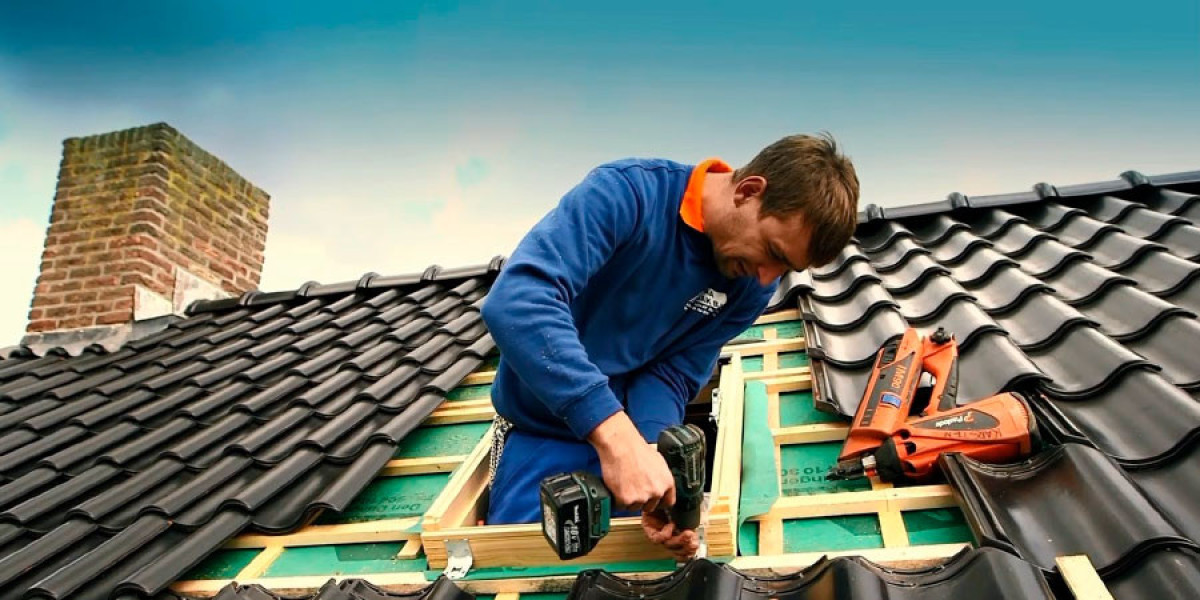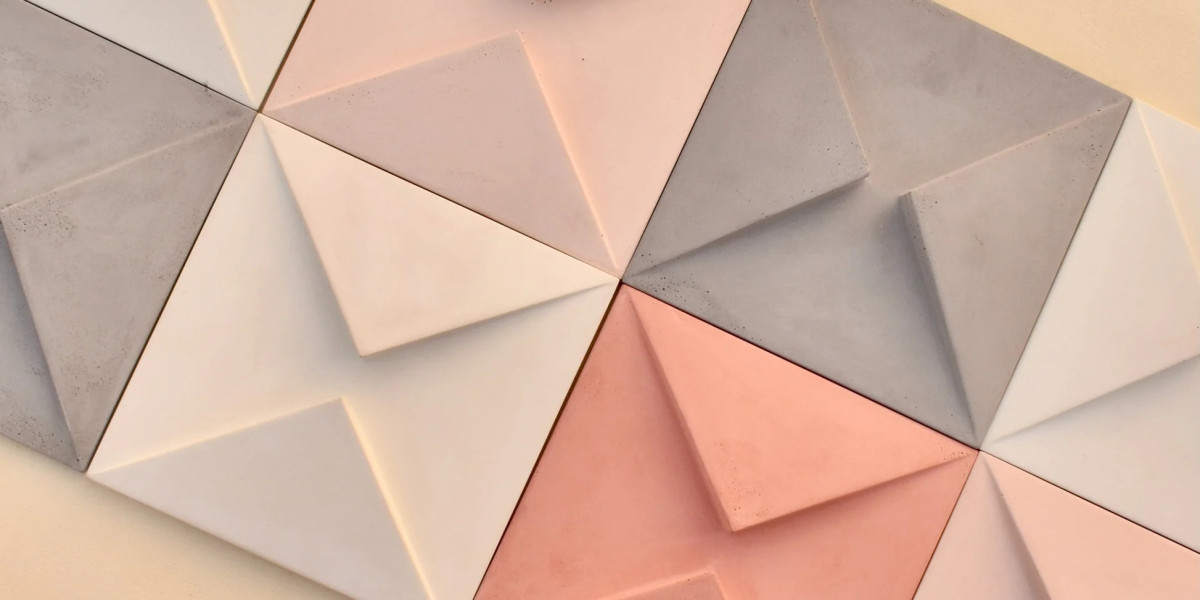When it comes to selecting the best insulation for foundation, several factors must be considered to ensure optimal performance and energy efficiency. Foundation insulation plays a crucial role in maintaining a comfortable indoor environment and protecting your home from various external elements. In this comprehensive guide, we will explore the best types of insulation for foundations and why they are essential for your home.
Understanding Foundation Insulation
Foundation insulation is designed to reduce heat loss and gain, which can significantly impact your home's energy efficiency. Proper insulation helps maintain a stable indoor temperature, reduces energy costs, and prevents moisture issues that can lead to structural damage. With a variety of insulation materials available, it's important to choose the one that best suits your needs.
Types of Insulation for Foundations
1. Spray Foam Insulation
Spray foam insulation is a popular choice for foundation insulation due to its superior insulating properties. It expands on application, filling gaps and cracks that other types of insulation may miss. This type of insulation provides an airtight seal, which helps prevent heat transfer and reduces energy costs. Additionally, spray foam insulation can help control moisture levels, reducing the risk of mold and mildew growth.
2. Rigid Foam Board Insulation
Rigid foam board insulation is another effective option for insulating foundations. It is known for its high R-value, which indicates its resistance to heat flow. This type of insulation is available in various thicknesses and can be easily cut to fit the dimensions of your foundation. Rigid foam board insulation is also resistant to moisture, making it suitable for areas prone to dampness.
3. Fiberglass Insulation
Fiberglass insulation, often used in the form of batts or rolls, is a cost-effective solution for foundation insulation. It is made from fine glass fibers and offers good thermal performance. Fiberglass insulation is relatively easy to install and can be a suitable option for insulating crawl spaces and basement walls. However, it is essential to ensure proper installation to avoid gaps that can reduce its effectiveness.
4. Mineral Wool Insulation
Mineral wool, also known as rock wool or slag wool, is another option for foundation insulation. It is made from volcanic rock or blast furnace slag and offers excellent thermal and acoustic insulation properties. Mineral wool is resistant to fire, moisture, and pests, making it a durable choice for foundation insulation.
Factors to Consider When Choosing Insulation
1. Climate and Weather Conditions
The local climate plays a significant role in determining the best insulation for foundation. In regions with extreme temperatures, such as Las Vegas, Nevada, it's crucial to choose insulation that can effectively handle both heat and cold. Spray foam and rigid foam board insulation are well-suited for such climates due to their high R-value and ability to create an airtight seal.
2. Moisture Resistance
Moisture can lead to various issues, including mold growth and structural damage. Therefore, selecting insulation that is resistant to moisture is essential for maintaining a healthy foundation. Materials such as spray foam, rigid foam board, and mineral wool offer excellent moisture resistance, making them suitable choices for foundations exposed to damp conditions.
3. Installation and Maintenance
Ease of installation and maintenance are important factors to consider when choosing insulation. Spray foam insulation requires professional installation, but it provides long-term benefits due to its seamless application. Rigid foam board and fiberglass insulation are relatively easy to install and can be handled by most DIY enthusiasts.
Benefits of Proper Foundation Insulation
1. Enhanced Energy Efficiency
One of the primary benefits of proper foundation insulation is improved energy efficiency. By reducing heat loss and gain, insulation helps maintain a consistent indoor temperature, which can lead to significant savings on energy bills.
2. Improved Comfort
Effective insulation contributes to a more comfortable living environment by preventing drafts and cold spots. With proper foundation insulation, you can enjoy a warmer and more pleasant indoor climate throughout the year.
3. Moisture Control
Insulation that offers moisture resistance helps prevent issues such as mold and mildew growth. This is particularly important for foundations that are exposed to high humidity or frequent water exposure.
4. Increased Property Value
Investing in high-quality foundation insulation can increase the overall value of your property. Potential buyers often look for energy-efficient features and well-maintained homes, making proper insulation a valuable asset.
FAQs About Foundation Insulation
What is the best type of insulation for a foundation?
The best type of insulation for a foundation depends on various factors such as climate, moisture levels, and installation preferences. Spray foam insulation, rigid foam board insulation, and mineral wool are all excellent options to consider.
How does spray foam insulation compare to fiberglass insulation?
Spray foam insulation offers superior performance in terms of sealing gaps and providing an airtight barrier. It also has a higher R-value compared to fiberglass insulation. However, spray foam insulation typically requires professional installation, while fiberglass insulation is easier to handle for DIY projects.
Can foundation insulation help with moisture problems?
Yes, proper foundation insulation can help control moisture levels by creating a barrier that prevents water infiltration and condensation. Materials such as spray foam and rigid foam boards are particularly effective in managing moisture issues.
How often should foundation insulation be inspected?
It's a good idea to inspect your foundation insulation regularly, at least once a year, to ensure it remains in good condition. Look for signs of damage, moisture issues, or gaps that may affect its performance.
What is the cost of installing foundation insulation?
The cost of installing foundation insulation varies based on the type of insulation, the size of the foundation, and the complexity of the installation. For a detailed estimate, it's best to consult with a qualified insulation professional.
Conclusion
Choosing the best insulation for foundation is crucial for maintaining a comfortable and energy-efficient home. Options such as spray foam, rigid foam board, fiberglass, and mineral wool offer various benefits depending on your specific needs. If you're considering foundation insulation in Las Vegas, Nevada, or nearby areas like Paradise, Henderson, or Spring Valley, it's essential to consult with a knowledgeable professional to determine the best solution for your home.
For more information on foundation insulation and to schedule a consultation, reach out to Supreme Spray Foam LV at (702) 904-9895. Their team can help you select the best insulation for foundation and ensure a successful installation.








